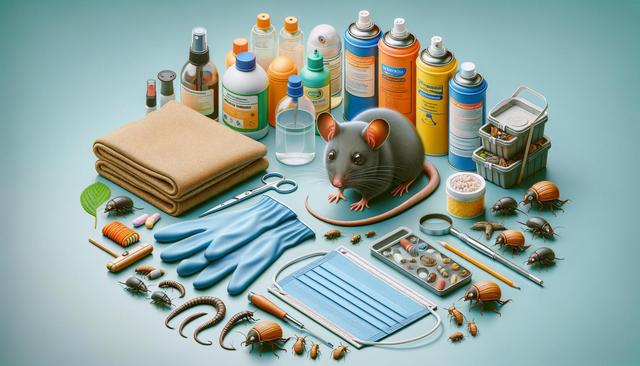Growing Demand for Pest Control Professionals
As urbanization continues to rise and climate patterns shift, the demand for pest control services has grown steadily. This trend has created a wealth of job opportunities for those looking to enter the field. Whether you’re considering pest management jobs or more specialized roles like termite control jobs, the industry offers a variety of career paths with room for advancement.
One of the main drivers of this demand is the increasing awareness of health and safety. Pests such as rodents and bed bugs not only cause structural damage but can also pose serious health risks. As a result, both residential and commercial clients rely heavily on trained professionals to manage infestations effectively.
Job seekers may look into roles such as:
- Pest control service technician jobs
- Pest inspection jobs
- Rodent control jobs
- Bed bug control jobs
Each of these positions requires different levels of expertise and training, making it possible for individuals with diverse backgrounds to find a suitable role in the industry.
What Do Pest Control Jobs Involve?
Pest control roles can be quite varied depending on the specialization and the region. However, most positions include inspecting properties, identifying pest infestations, and applying appropriate treatment methods. For example, termite control jobs focus on preventing or eliminating termite colonies that can compromise a building’s structure, while pest inspection jobs often involve detailed assessments and prevention planning.
Technicians may also be responsible for educating clients on pest prevention techniques and maintaining records of treatments. This means strong communication skills and attention to detail are valuable assets in the field. Many pest control jobs near me also require physical stamina, as they may involve lifting equipment or working in confined spaces.
Common tasks in pest control roles include:
- Applying chemical or natural treatments
- Monitoring traps and bait stations
- Assessing damage and recommending repair solutions
- Following safety regulations and environmental guidelines
Given the variety of tasks, professionals in this field often find their workday to be engaging and different from one job site to the next.
Training and Certification Requirements
Entering the pest control field typically requires a high school diploma or equivalent, but additional certifications are often necessary depending on local regulations and job responsibilities. For example, those interested in termite control jobs or bed bug control jobs may need to complete specialized training programs to handle specific chemicals or equipment safely.
In many regions, licensing is mandatory for pest control service technician jobs. This ensures that technicians understand the safe handling of pesticides and are aware of legal and environmental considerations. Some states or countries offer tiered licensing, allowing professionals to progress in their careers as they gain more experience and qualifications.
Here are some common certifications and training options:
- General Pest Control License
- Structural Pest Control Certification
- Continuing education courses on emerging pests and technologies
- On-the-job training programs from employers
These certifications not only enhance credibility but can also lead to higher earning potential and expanded job responsibilities.
Opportunities for Career Advancement
Pest control is more than just a job—it’s a career with long-term potential. Many professionals begin in entry-level pest control service technician jobs and work their way up to supervisory or managerial roles. Others may choose to specialize in areas like rodent control jobs or pest inspection jobs, opening the door to niche markets and higher pay scales.
Those with entrepreneurial ambitions might even consider starting their own pest control business. With the right combination of experience, licensing, and customer service skills, it’s possible to build a successful and reputable operation. Additionally, larger pest control firms often offer internal training and promotion opportunities for dedicated employees.
Career advancement paths include:
- Senior Technician or Lead Inspector
- Field Supervisor or Operations Manager
- Training Coordinator or Safety Officer
- Independent Contractor or Business Owner
This progression demonstrates that pest control jobs offer not only stability but also the chance to grow professionally over time.
How to Get Started in Pest Control
If you’re exploring pest control jobs near me, there are several steps you can take to begin your journey. Start by researching local companies and their job openings. Many employers provide on-the-job training, making it easier for newcomers to enter the field. You can also look into educational programs at community colleges or trade schools that offer relevant coursework.
Networking with industry professionals and joining pest control associations can provide valuable insights and job leads. Online job boards and company websites are good places to find active listings for pest management jobs, termite control jobs, and more.
Key steps to get started include:
- Updating your resume with relevant skills and experience
- Applying for entry-level pest control service technician jobs
- Completing any required certifications or licenses
- Gaining hands-on experience through internships or apprenticeships
With a proactive approach and a willingness to learn, you can build a solid foundation for a fulfilling career in pest control.




Leave a Reply